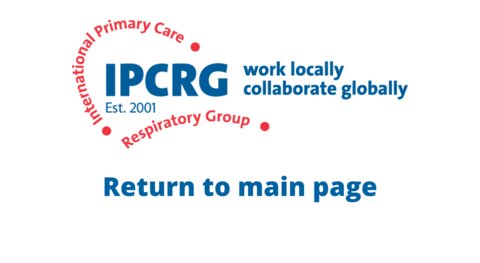Will the wider population need repeated SARS-CoV-2 booster vaccinations for the rest of their lives and how often would these be needed
What the research says
It appears that SARS-CoV-2 is now an endemic pathogen which will require ongoing vaccination programmes to protect the population against severe illness and death as the protection provided by currently available vaccines wanes over time (Corrao et al 2022). The ongoing emergence of new variants and apparent loss of efficacy of vaccinations against previous variants also suggest a ongoing programme of vaccine development and delivery will be required as for influenza.
The current recommendation is for booster vaccination approximately 6 months after completion of the primary vaccination regimen for individuals at highest risk for severe illness of death following SARS-CoV-2 infection, depending on local recommendations (WHO 2022). Those at highest risk include older individuals (country-specific cut-offs apply), individuals with moderate/severe immunocompromise, adults with comorbidities placing them at increased risk, pregnant women and healthcare workers.
As currently available vaccines have regulatory approval for use for additional booster vaccination (EMA 2023; FDA 2023), a number of countries have adopted biannual booster campaigns for 2022 and 2023 for individuals considered at increased risk for severe illness or death associated with SARS-CoV-2 infection.
The level of epidemic spread of the virus is a major determinant of severe illness or death even among fully vaccinated individuals, emphasising the need to reduce the spread of the virus in addition to vaccinating against severe illness and death (Corrao et al 2022). Consequently, new vaccines are needed that offer protection against infection and transmission as well, thereby reducing the opportunity for the emergence of new viral variants (Iacobucci 2022). Until such vaccines are available and approved for use, the appropriateness of any future SARS-CoV-2 immunisation programmes for the wider population remains unclear.
What this means for your clinical practice
- Continue to encourage patients, especially those at increased risk for more severe illness from SARS-CoV-2 infection, to consider additional COVID-19 booster vaccinations as recommended in your National Guidelines.
- As for influenza vaccination, encourage your patients to be vaccinated against SARS-CoV-2 prior to when your country expects the viral peak.
- Remind patients that low uptake of vaccination against SARS-CoV-2 will result in a lack of population-level immunity and permit ongoing viral circulation which leads to an increased risk of further mutations to novel variants.
Resource information
- COVID-19
- Vaccination
